- Amman, King Hussain Park, Jordan
- +(962) 000-0000
- info@curafile.com
Vaccines
- Home
- Vaccines
Vaccines
Vaccines
Vaccines are injections (shots), liquids, pills, or nasal sprays that you take to teach your body's immune system to recognize and defend against harmful germs.

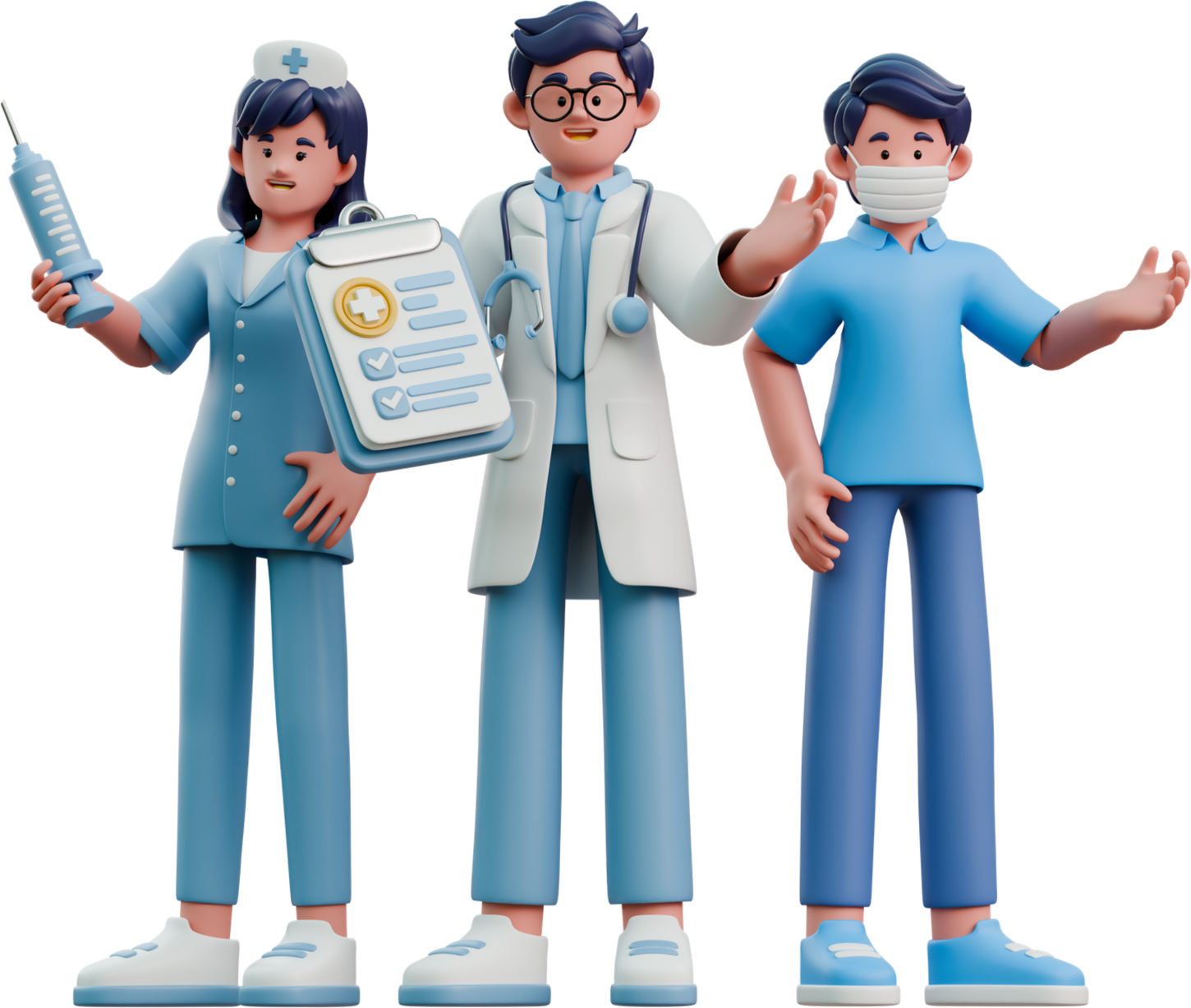
Vaccines are injections (shots), liquids, pills, or nasal sprays that you take to teach your body’s immune system to recognize and defend against harmful germs.
Vaccines are injections (shots), liquids, pills, or nasal sprays that you take to teach the immune system to recognize and defend against harmful germs. The germs could be viruses or bacteria.
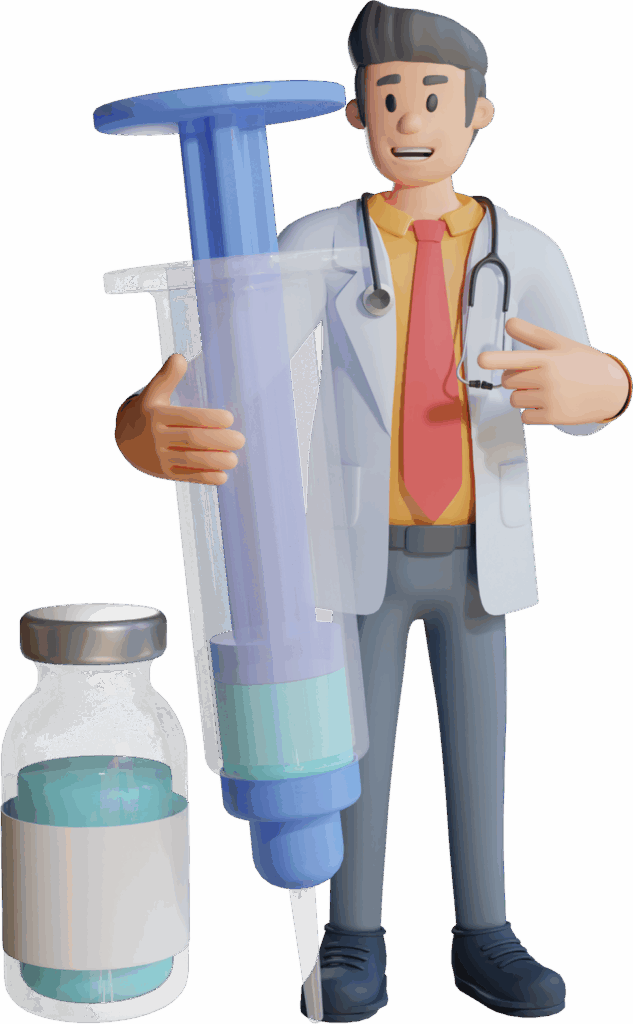
Vaccines play an important role in keeping us healthy. They protect us from serious and sometimes deadly diseases.
Immunizations (vaccines or vaccinations) help protect you from some diseases. When you have diabetes, you’re more likely to get severe infections because your immune system doesn’t work as well.
Common Vaccines
vaccines may work in different ways, but they all spark an immune response. The immune response is the way your body defends itself against substances it sees as foreign or harmful. These substances include germs that can cause disease.

Varicella, also called “chickenpox,” causes an itchy rash that usually lasts about a week. It can also cause fever, tiredness, loss of appetite, and headache.
DTaP vaccine can prevent diphtheria, tetanus, and pertussis.Diphtheria and pertussis spread from person to person. Tetanus enters the body through cuts or wounds.
Hepatitis Ais a serious liver disease. It is usually spread through close, personal contact with an infected person or when a person unknowingly ingests the virus from objects, food, or drinks that are contaminated by small amounts of stool (poop) from an infected person.
Hepatitis B vaccine can prevent hepatitis B. Hepatitis B is a liver disease that can cause mild illness lasting a few weeks, or it can lead to a serious, lifelong illness.
Hib vaccine can prevent Haemophilus influenzae type b (Hib) disease.Haemophilus influenzae type b can cause many different kinds of infections. These infections usually affect children under 5 years of age but can also affect adults with certain medical conditions.
HPV is a common virus that is spread through sexual contact. There are several types of HPV. Many types don’t cause problems.
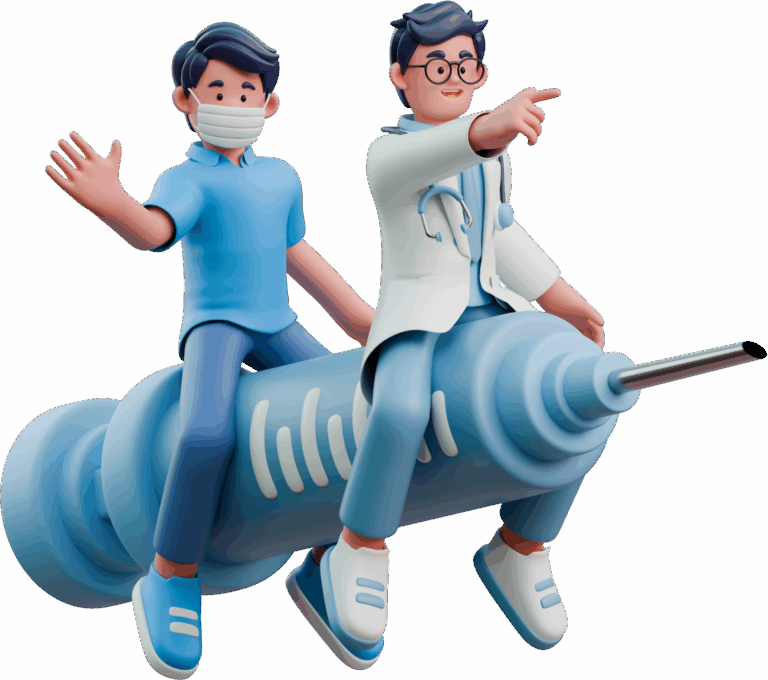
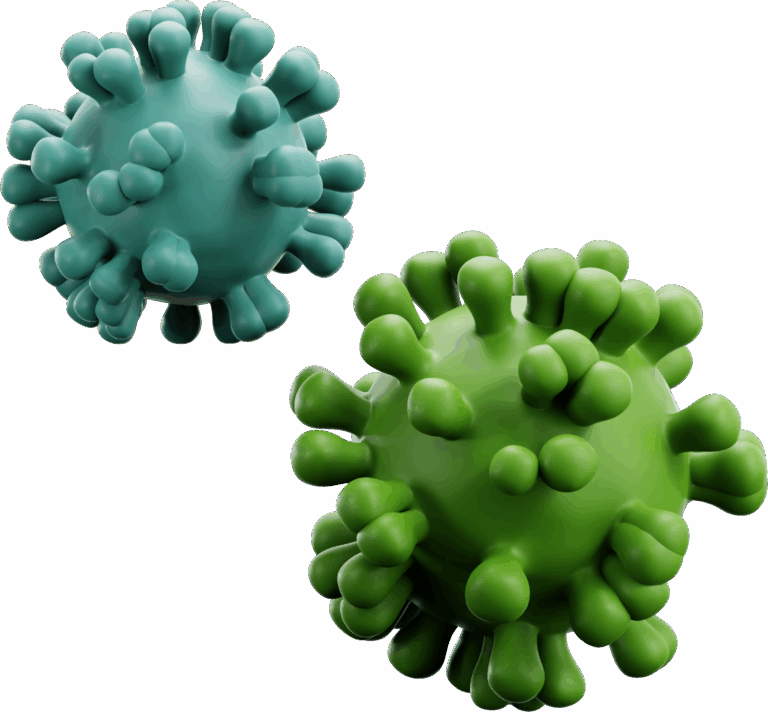
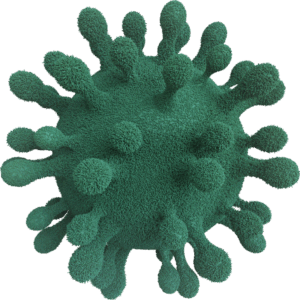
Meningococcal ACWY vaccine can help protect against meningococcal disease caused by serogroups A, C, W, and Y. A different meningococcal vaccine is available that can help protect against serogroup B.
MMR vaccine can prevent measles, mumps, and rubella.
Pneumococcal disease refers to any illness caused by pneumococcal bacteria. These bacteria can cause many types of illnesses, including:
Pneumococcal polysaccharide vaccine (PPSV23) can prevent pneumococcal disease.
Polio (or poliomyelitis) is a disabling and life-threatening disease caused by poliovirus, which can infect a person’s spinal cord, leading to paralysis.
Rotavirus commonly causes severe, watery diarrhea, mostly in babies and young children. Vomiting and fever are also common in babies with rotavirus. Children may become dehydrated and need to be hospitalized and can even die.
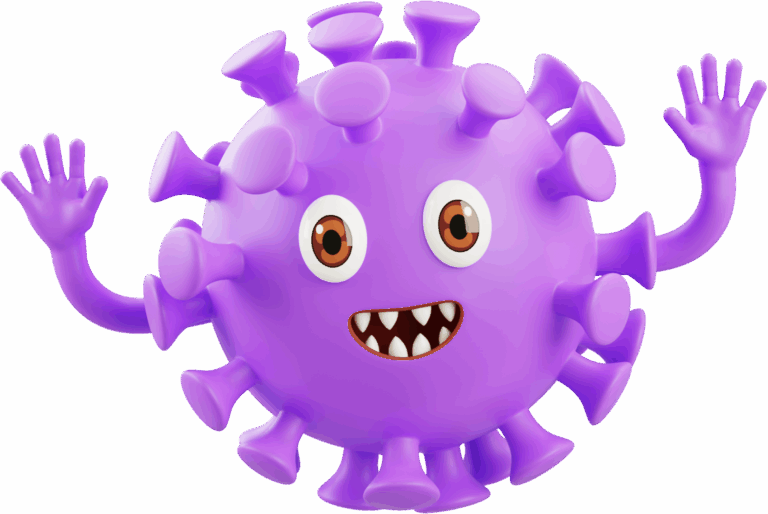
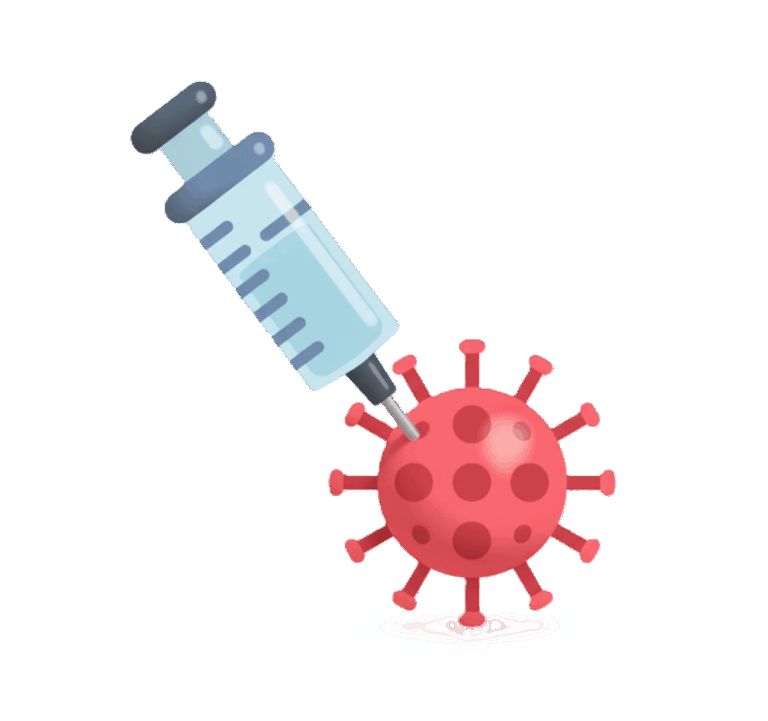
Shingles (also called herpes zoster, or just zoster) is a painful skin rash, usually with blisters. In addition to the rash, shingles can cause fever, headache, chills, or upset stomach. Rarely, shingles can lead to complications such as pneumonia, hearing problems, blindness, brain inflammation (encephalitis), or death.
COVID-19 vaccines are used to prepare the body’s immune system to protect against COVID-19.
Everyone ages 6 months and older should get a 2024-2025 COVID-19 vaccine.
Influenza vaccine can prevent influenza (flu).Flu is a contagious disease that spreads around the United States every year, usually between October and May.

Mental Well-being

Nutrition & Fitness

Preventive Care
-
Find a clinic near you
-
Call for an appointment!
-
Feel free to message us!
About Us
At MediCenter we intend to create medicines that improve both the quality and duration of patient lives.
- 2702 Memory Lane
Chicago, IL 60605
Additional Links
- test October 20, 2025
- Hello world! October 7, 2025
- Many doctors use wrong test to diagnose kids food allergies February 12, 2017
- Rising cost of diabetes care concerns patients and doctors January 15, 2017
- Can breakfast help keep us thin? Nutrition science is tricky January 5, 2017
